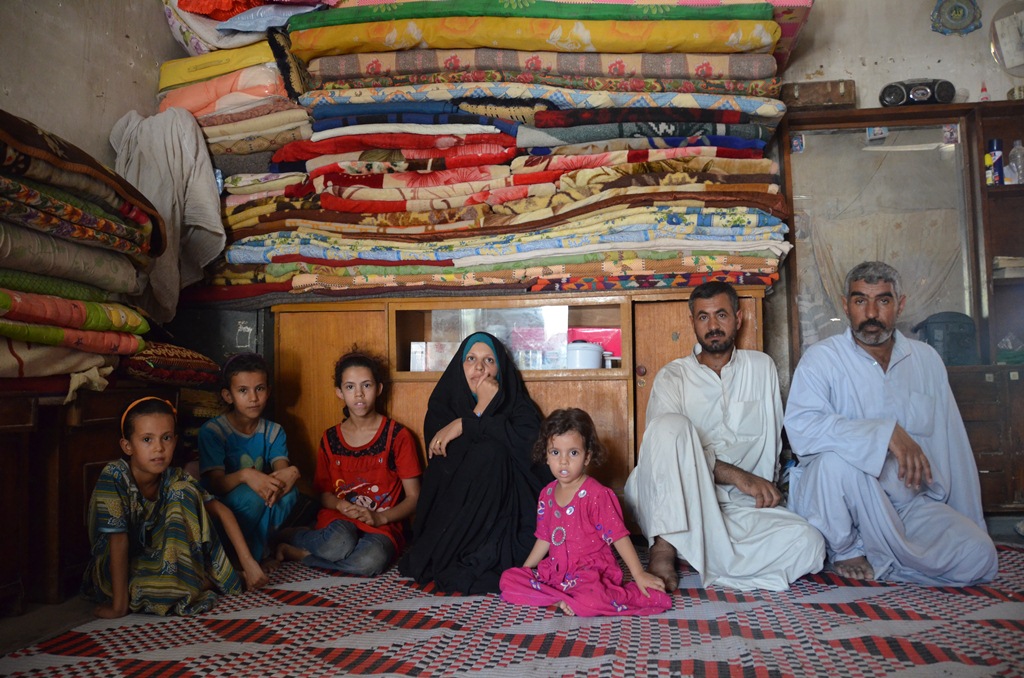
Ten years after the toppling of Iraq’s former leader Saddam Hussein, human development statistics – flawed as they are – paint a complex portrait of a country that has seen improvement over the last decade, but is still largely struggling. Full report

Water and Sanitation: Are the taps flowing?
While access to clean water has improved over the last decade, more than one quarter of Iraqis still have less than two hours of access to water from the general network every day. Read more

Electricity: Blistering black-outs
Despite investment in the generation capacity in recent years, Iraq’s electricity supply system remains unreliable, offering an average of eight hours of electricity a day. Read more

The forgotten displacement crisis
At the height of Iraq’s sectarian violence in 2007, some five million people were displaced from their homes. In recent years, people have returned in larger numbers, but two million remain either refugees or internally displaced. Read more

Economy grows, but how many benefit?
After a decade of sanctions, Iraq’s GDP has been growing consistently since 2003, and poverty rates have more than halved since 1990. But observers say billions of dollars in oil revenues have not translated into adequate gains in Iraqi well-being. Read more

Education: Schools try to play catch-up
Iraq’s education system was once the jewel of the Middle East. Today, it is struggling to catch up, with five million children out of school, according to a 2007 survey. Read more

Human Security: More freedom but less security?
After a decade of sanctions, Iraq’s GDP has been growing consistently since 2003, and poverty rates have more than halved since 1990. But observers say billions of dollars in oil revenues have not translated into adequate gains in Iraqi well-being. Read more

Aid work: From restrictions to access challenges
Aid work in Iraq has always had a bumpy ride, from the restrictions imposed under former president Saddam Hussein to the corruption associated with the Oil-for-Food Programme. Read more

War leaves lasting impact on healthcare
Of all the areas of Iraq’s development that were affected by the US-led invasion 10 years ago, healthcare has probably taken the biggest hit. And much of the damage incurred in the first few years of the invasion continues to have an impact on health indicators today. Read more

Gender: Women yet to regain their place
In the 1980s, Iraqi women enjoyed more basic rights than their counterparts in the region; today, despite steps taken after decades of conflict and sanctions, Iraqi women do not have equal educational or employment opportunities, and many are subjected to gender-based violence. Read more

Food security: Less dependent on food rations
The number of Iraqis without secure access to food dropped by more than a quarter of a million people between 2007 and 2011, part of a generally positive trend of increasing food security in Iraq over the last decade. Read more
This article was produced by IRIN News while it was part of the United Nations Office for the Coordination of Humanitarian Affairs. Please send queries on copyright or liability to the UN. For more information: https://shop.un.org/rights-permissions





